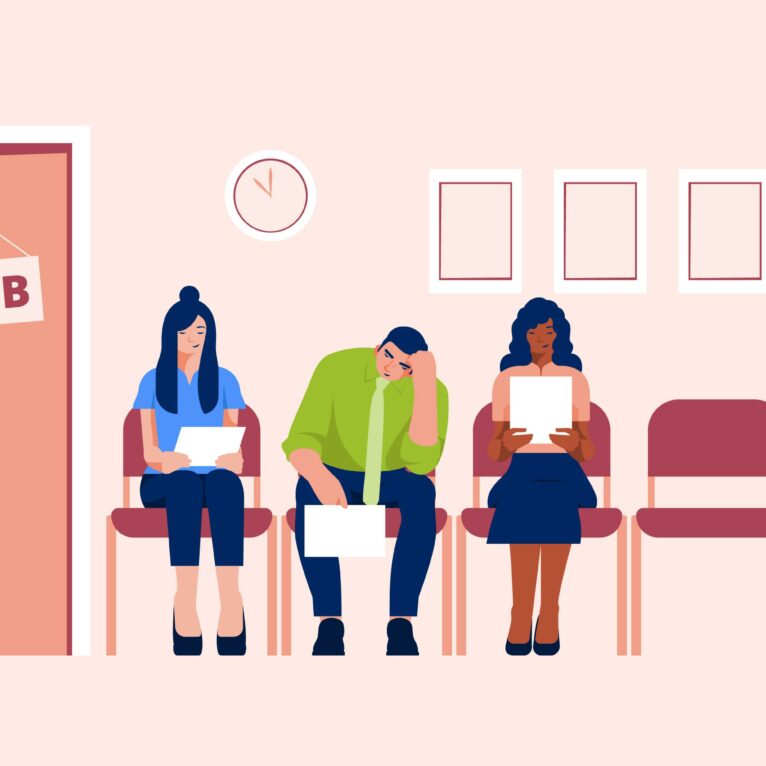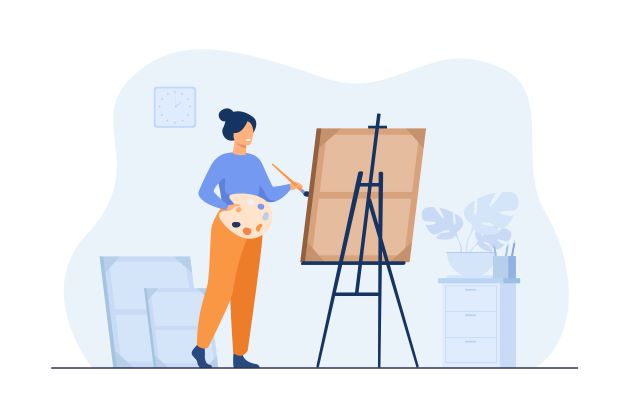
Share article:
Tags:
Firstly, I’d like to extend my appreciation at being invited to write a guest blog for Hectors House – a charity that is very close to our hearts, and who’s fantastic work as helped thousands of young people across the country.
The title of our blog today is something that will likely resonate with a very large percentage of the UK’s working population. If you’re reading this, chances are you, or someone you know, is feeling some level of anxiety or pressure relating to choosing and starting their career. The good news is that you’re not alone.
It’s estimated that roughly 35% of the UK’s working population describe their career choice as “accidental” or that they simply “fell into it”. That’s just over 11 million people!
I started with these somewhat boring employment statistics to demonstrate that many people have felt the same way you do at some point in their early careers. It’s perfectly normal, and not unique to you – sorry!
I felt similar.
15 years ago, I had no idea what I wanted to do with my life. The pressure – it felt overwhelming. It was a combination of societal pressure, subconscious educational pressure, and social media pressure. I even felt pressure when I thought my friends had it all mapped out. Spoiler: they didn’t, but that didn’t stop it feeling real. No one intentionally applied the pressure to me, but I certainly felt it. And it was tough to deal with.
For me personally, it took me three years of doing very little with my life before I finally decided to apply myself. After a somewhat drunken conversation with a family friend who we rarely saw, he suggested I try a career in sales. Externally, I agreed it was a good suggestion. Internally, I thought no way, and even if I got a job, I’d probably be rubbish. Long story short, I was pretty good, it worked out for me. The feeling of pressure was lifted, my mental health improved, and I rode the wave of success. I now consider myself in the “fell into it” career category.
The reality is that everyone finds their own path in the end. It just takes some people more time than others. The fortunate ones work out what they want to do in the early stages of their adult life, but the majority don’t. Some people fall into their career by slowly elongating their hours from what started as their Saturday job. Others flit from job to job for a decade until they find their calling. And some don’t find their true direction until they’re in their 40’s. And all those situations are okay, and perfectly normal. Simply put, it’s okay to not know what you want to do.
For many young adults, the question of what career to pursue can be a daunting one. With so many options available, and so many factors to consider, it can be difficult to know where to start. However, it’s important to remember that this is a normal part of the process and that there are steps you can take to help you identify a career that is right for you.
- Know yourself – The first step in identifying a career that is right for you is to understand yourself better. This means taking stock of your interests, values, skills, and personality traits. What are you passionate about? What are you good at? What kind of work environment do you thrive in? What kind of lifestyle do you want to lead? By answering these questions, you can begin to identify the kinds of careers that might be a good fit for you.
- Explore your options – Once you have a better sense of who you are, it is time to start exploring your options. This means doing research on different careers, perhaps even talking to people who work in those fields if possible. Consider volunteering, interning, or taking classes to get a sense of what it would be like to work in a particular field. Use online resources like career websites or job boards to explore different job titles and descriptions. Do remember to try and be realistic. You may have wanted to be an astronaut 15 years ago, but that may or may not be on the table anymore!
- Don’t be afraid to try something new – It can be tempting to stick with what you know and what feels comfortable, but sometimes the best way to find a career that is right for you is to try something new. Don’t be afraid to take risks and explore new opportunities. This could mean taking a job that is outside of your comfort zone, pursuing a new hobby, or traveling to a new place. By stepping outside of your comfort zone, you may discover new passions and interests that you never knew you had.
- Be patient and flexible – Remember that finding the right career is a process, and it may take time to figure out what you want to do. Be patient with yourself and stay open to new opportunities and experiences. It is also important to be flexible and willing to pivot if your interests or circumstances change over time.
- Seek guidance – If you are still struggling to identify a career that is right for you, seek guidance from others. Talk to your parents, friends, or mentors about their own career paths and what advice they have to offer. Try not to allow them to pressurise your choices as humans generally have a naturally persuasive demeanor but do listen to their opinions. Consider seeking out a career counselor or coach who can help you identify your strengths and interests and guide you towards your potential career paths. People usually have a more positive reaction to 3rd parties, and the lack of a personal link can be extremely beneficial.
Congratulations if you made it to the end of this post! I know it was longer than expected, but I believe the topic is important enough to warrant the length. In closing, I would like to share a few final thoughts.
There is a strong connection between knowing your career path and your mental health. Many people find that one affects the other. Based on my personal experience and working with clients over the years, discovering your career direction can significantly improve your mental health. When you have a clear understanding of where you want to go professionally, it can lead to a dramatic improvement in your mental well-being.
Lastly, I want to emphasise that it’s completely normal to not know what you want to do. Whether it’s right after you finish your GCSEs, or even 10 years later. This affects each of us differently, but rest assured it’s a common experience. Just ask the 11 million other people in the UK who stood in your shoes not too long ago.
Please check out the fantastic work the Hectors House charity do. They support young adults across the country with a variety of mental health challenges, and crucially, help raise suicide awareness, and prevent mental health stigma.






